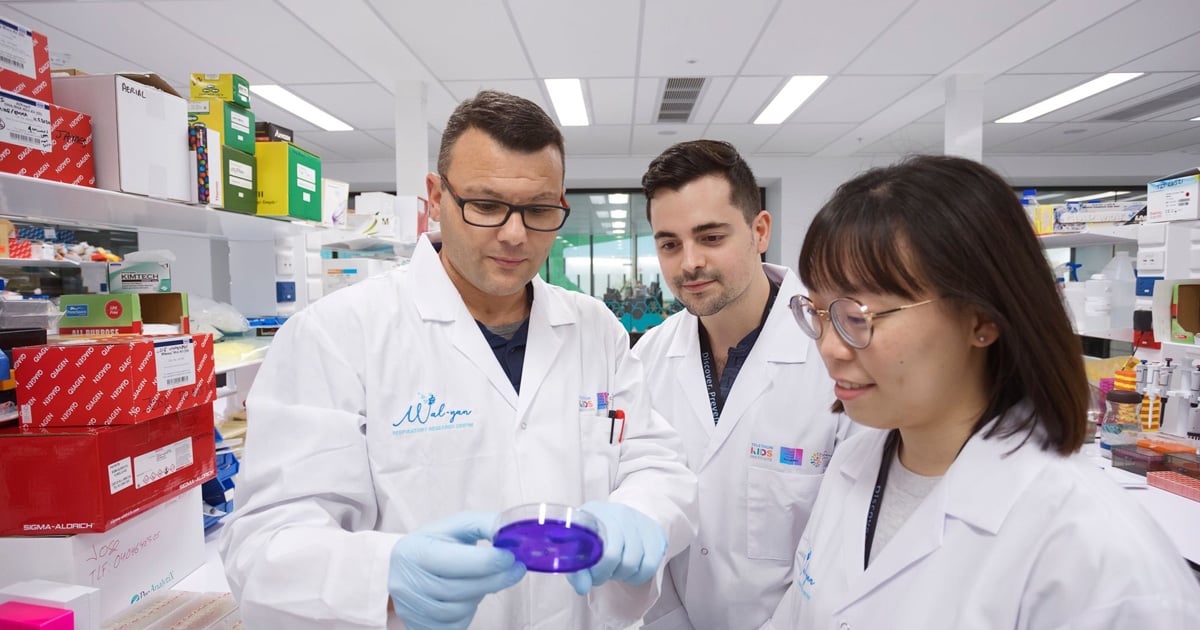Search
Research
Role of Tris-CaEDTA as an adjuvant with nebulised tobramycin in cystic fibrosis patients with Pseudomonas aeruginosa lung infections: A randomised controlled trialWe tested if disrupting iron utilisation by P. aeruginosa by adding the Tris-buffered chelating agent CaEDTA to nebulised tobramycin would enhance bacterial clearance and improve lung function in CF patients.
Research
Official ERS technical standard: Global Lung Function Initiative reference values for static lung volumes in individuals of European ancestryMeasurement of lung volumes across the life course is critical to the diagnosis and management of lung disease. The aim of the study was to use the Global Lung Function Initiative methodology to develop all-age multi-ethnic reference equations for lung volume indices determined using body plethysmography and gas dilution techniques.
Research
The potential of antisense oligonucleotide therapies for inherited childhood lung diseasesAntisense oligonucleotides are an emerging therapeutic option to treat diseases with known genetic origin. In the age of personalised medicines, antisense oligonucleotides can sometimes be designed to target and bypass or overcome a patient's genetic mutation, in particular those lesions that compromise normal pre-mRNA processing. Antisense oligonucleotides can alter gene expression through a variety of mechanisms as determined by the chemistry and antisense oligomer design.

News & Events
Funding boost for groundbreaking child health researchResearchers from The Kids Research Institute Australia will share in almost $4 million in grants to continue groundbreaking research to tackle childhood cancer, asthma, respiratory viral infections and more.

News & Events
Phage power: Researchers awarded fellowships to tackle cystic fibrosis infectionsTwo researchers from The Kids Research Institute Australia’s Wal-yan Respiratory Research Centre have secured lucrative fellowships to advance cutting-edge phage therapy research for people living with cystic fibrosis (CF).

News & Events
Top researchers recognised for respiratory researchTwo leading researchers from The Kids received significant endorsements to advance their research at last night’s Thoracic Society of Australia and New Zealand and the Australian and New Zealand Society of Respiratory Science (TSANZSRS) Annual Scientific Meeting in Adelaide.

News & Events
Cure4CF Grant a boost for innovative Cystic Fibrosis researchA $350,000 Cure4 Cystic Fibrosis grant is set to propel the Wal-yan Respiratory Research Centre’s Phage WA program forward, supercharging its fight against antimicrobial resistant (AMR) lung infections in people with Cystic Fibrosis (CF) using cutting-edge phage therapy.

News & Events
International Day of Education: AI and Education at The Kids Research InstituteToday, 24 January 2025, is International Day of Education, a global celebration of the power of learning to transform lives. This year’s theme, “AI and Education: Preserving Human Agency in an Automated World”, underscores the critical role of education in preparing kids for a future increasingly shaped by AI.

News & Events
Five researchers from The Kids awarded Early Career Child Health Researcher FellowshipsFive researchers from The Kids Research Institute Australia have been awarded three-year fellowships with the aim of keeping more WA-based PhD graduates involved in child health research.

News & Events
Respiratory researcher named joint winner of prestigious Premier’s Science AwardCongratulations to respiratory health researcher and clinician Dr Pam Laird, who was last night named joint winner of Early Career Scientist of the Year at the 2024 Premier’s Science Awards.
